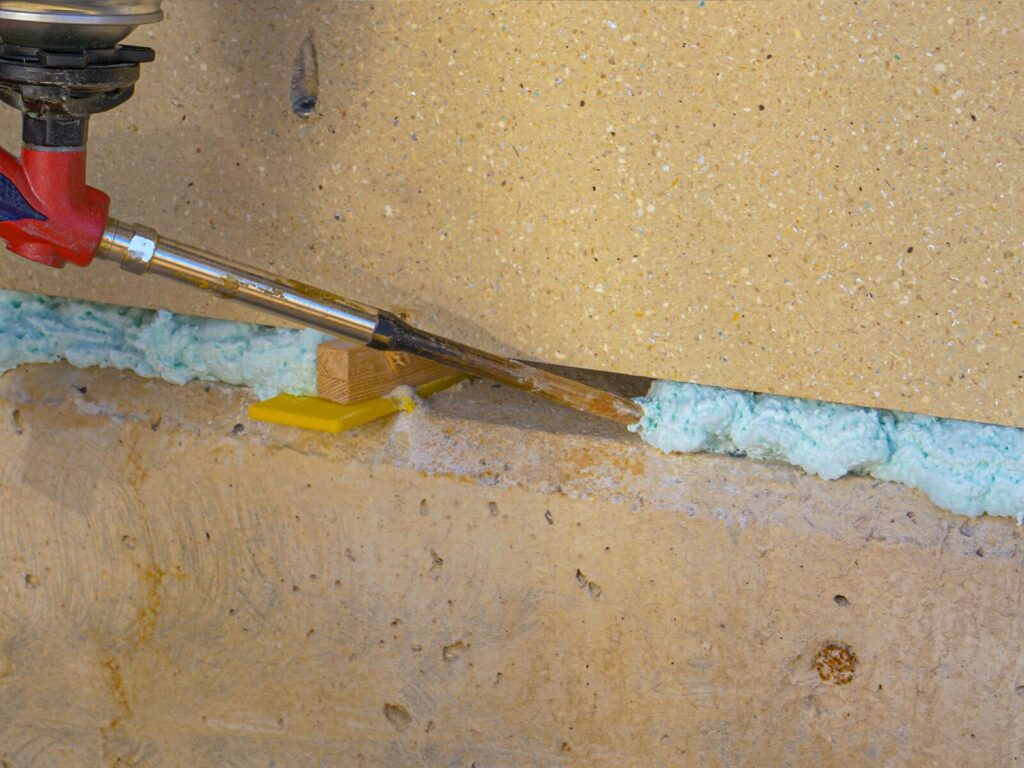Polymer foams are versatile, lightweight materials with applications in countless industries due to their unique properties. Verifying quality and reliability through polymer foam testing ensures these materials meet industry standards and safety requirements specific to their intended use.
Polymer Foam Applications
Polymer foams are used in industries ranging from automotive and aerospace to shipping and packaging. In the automotive sector, foams are used for interior components to enhance comfort and safety. In aerospace, lightweight foams contribute to fuel efficiency and overall structural integrity. Shipping and packaging rely on foam-based materials to provide protective cushioning for fragile items during transportation. Polymer-based foam’s range of applications highlights the need for rigorous testing to guarantee the performance and safety of polymer foams in everything from furniture to medical implants.
Foam Testing at Applied Technical Services
Applied Technical Services is a leading provider of foam testing, offering comprehensive solutions to industry-leading companies around the world. With a commitment to quality and precision, ATS employs state-of-the-art equipment and machinery to conduct thorough polymer foam testing, evaluating the mechanical, thermal, and chemical properties of polymer foams and foam-based materials in our polymer testing lab.
ATS’ Polymer Testing Lab
ATS features a dedicated polymer testing lab staffed by professionals with decades of combined experience. The lab is specifically designed to address the unique challenges posed by polymer foams and other polymer-based materials, regularly performing services ranging from routine quality control tests to complex custom analyses.
Our polymer testing experts perform mechanical testing to assess properties such as compression strength, tensile strength, and elasticity to ensure the foam’s structural integrity and durability. Thermal testing examines the material’s behavior under different temperature conditions, while comprehensive chemical analysis identifies and quantifies components within the foam to ensuring compliance with industry regulations and safety standards.
We perform foam testing to a long list of standards and specifications, including but not limited to:
- VDA 270
- VDA 230
- SAE J1756
- SAE J369
- UL 94
- RTCA DO-160G
- PV 3937
- ASTM D7859
- ASTM D1622
- ASTM D3763
- ASTM D3574
- ASTM G155
- ASTM F1839
- ISO 2439
Applied Technical Services
With over five decades of industry experience, Applied Technical Services has earned a reputation for excellence in testing, inspection, compliance, certification, and consulting services. Our commitment to client satisfaction and dedication to technological innovation has established ATS as a trusted partner for businesses and organizations seeking reliable testing solutions.
For more information on polymer foam testing at ATS, get in touch with us by calling 1 (888) 287-5227 or by submitting a request form on this page.



